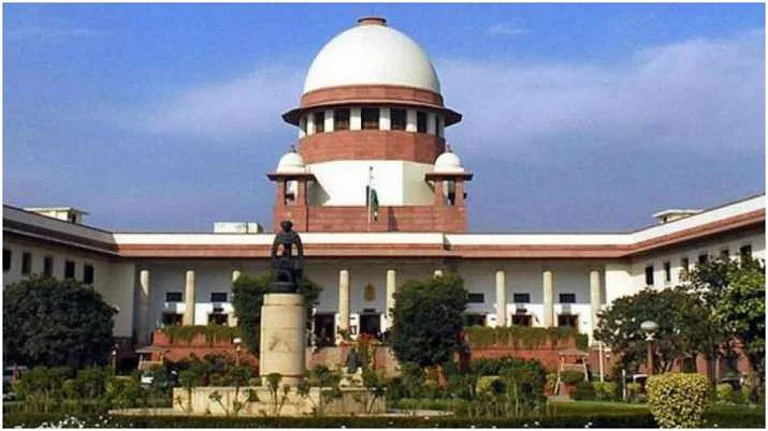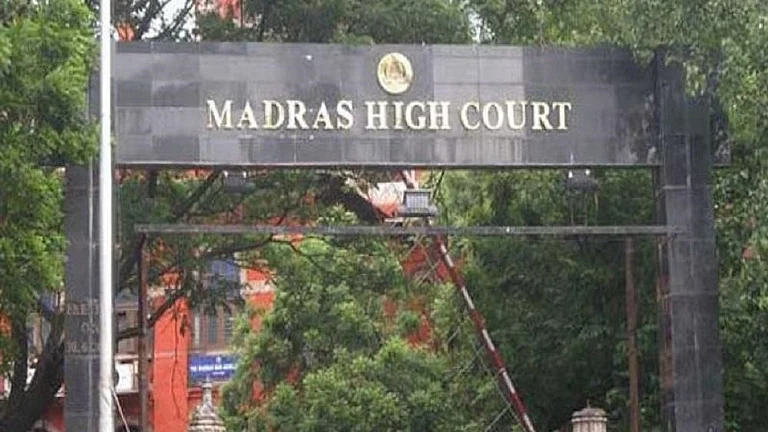
CJI B R Gavai said his judgment allowing sub-classification of Scheduled Castes brought criticism from members of his own community, adding the judgement was based on law and conscience, not public opinion.
He also noted that applying the ‘creamy layer’ principle was to ensure true equality and stressed the Supreme Court’s role in safeguarding rule of law, including through its verdict on illegal demolitions.
The Chief Justice of India B R Gavai on Saturday said he had faced criticism, including from his own community, for his judgment on the sub-classification of Scheduled Castes for reservation, but maintained that he wrote it according to law and his conscience.
Speaking at a felicitation function of the Goa High Court Bar Association in Panaji, CJI Gavai noted: “I have been widely criticised for the said judgment from people belonging to my own community, but I always believed that I have to write my judgment not by the demands of the people or desires of the people, but as the law as I understand and as per my own conscience.”
In August 2024, a seven-judge Constitution Bench delivered a landmark 6-1 verdict holding that Scheduled Castes are not a socially homogeneous group and can be sub-classified by states to ensure equitable reservation benefits.
On the debate around applying the ‘creamy layer’ principle to SCs and STs, he argued that children of highly privileged families cannot be equated with those of daily-wage labourers. “By putting a child of a labourer residing in a village and a child of a chief secretary residing in Mumbai and studying in the best of the schools… my view was that it hits at the very basic concept of equality,” he said, stressing that Article 14 promises “unequal treatment to unequals so that they become equal.”
The CJI stated the Constitution's Article 14 “does not mean that equality amongst all equals”.
“What is contemplated is that an unequal treatment to unequals so that they become equal, is what our Constitution promises. And therefore, by putting a child of a labourer residing in a village and a child of a chief secretary residing in Mumbai and studying in the best of the schools and the best of facilities, my view was that it hits at the very basic concept of equality, and fortunately, my view is supported by three other Honourable judges of the SC,” the CJI said.
Speaking on the SC verdict laying down guidelines to ensure due process is followed for demolishing the properties of citizens, the CJI said,
CJI Gavai also highlighted the Supreme Court’s recent ruling laying down due process safeguards before property demolitions, saying “if the executive itself is permitted to be a judge, then we will be hitting at the very concept of the separation of powers.”
He said the court was disturbed that homes of people not even tried were being razed without procedure, punishing families for no fault of theirs. “We could prohibit the executive not to become a judge… if the executive itself is permitted to be a judge, then we will be hitting at the very concept of the separation of powers,” he remarked.
Reflecting on his judicial career of over two decades, the Chief Justice said he was happy to have “contributed a bit in the march of the Indian Constitution… towards social and economic justice.”




























